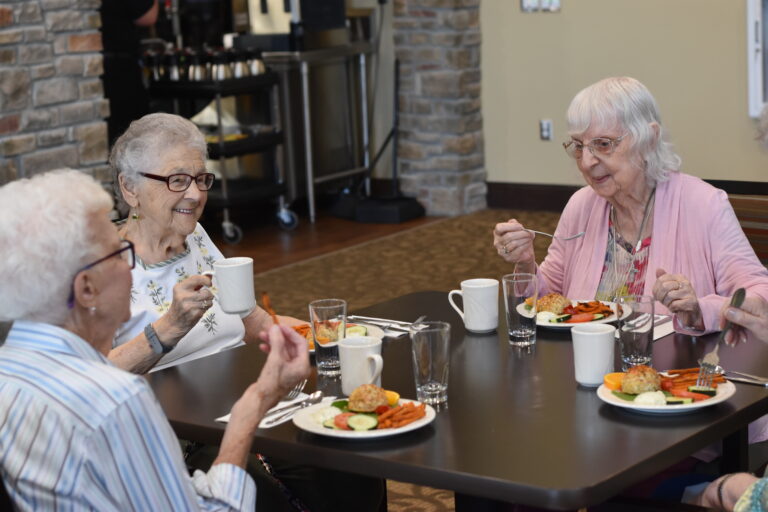
With the election coming, just about every news source talks about voting. Here is a senior voting guide to make sure your loved ones get the chance to vote for their favorite candidates:
Registering to Vote
In the U.S., citizens who are 18 and older are legally allowed to vote. However, they have to register first. Some seniors may have never done this simple task and need a little assistance. If your loved one wants to register for the first time, visit your state’s voting website to complete the necessary forms. Note that each state has a voting registration deadline, so be sure to take care of this on time. Another reason a senior may need to register is if they have recently moved to a new state. So long as the individual has proof of residence, such as mail to their name at an in-state address, this process is easy to complete online or at a polling place.
Finding Information on Candidates
Not everyone pays attention to every debate and political happening via social media and the news. That doesn’t mean they don’t want to vote, though! To get access to the hard facts, encourage your senior loved one to visit the individual candidates’ websites. This is where they can learn about the politicians’ stances on immigration, education, and the economy. Plenty of videos feature the debates about whether they want to watch them in real-time or after the fact. Some websites compare the candidates side by side on many vital issues.
Find Senior Living Near Me
“Seniors likely care about different subjects than younger voters.”
Seniors likely care about different issues than younger voters when assessing potential candidates. For example, Medicare and health insurance are crucial to ensuring the well-being of seniors. Millennials may not pay as much attention to these and pharmacy-related topics at the polls. Seniors also note retirement-related issues and those affecting pensions, disability, and life insurance. These matters are essential to people of all ages, whether they realize it or not.
Voting Day
On voting day, ensure your loved one has a ride to the polling place. These locales are open to the public and are often situated in well-known spots such as a library, school, or fire station. Voters may be required to show an in-state ID to prove their identity, so be sure the senior brings his or hers along. Driver’s licenses work, and so do state IDs, so long as they have a photograph of the cardholder. Some senior living communities provide group transportation from their residences to the local polling place, so ask about this handy option if your loved one lives in a senior community.




